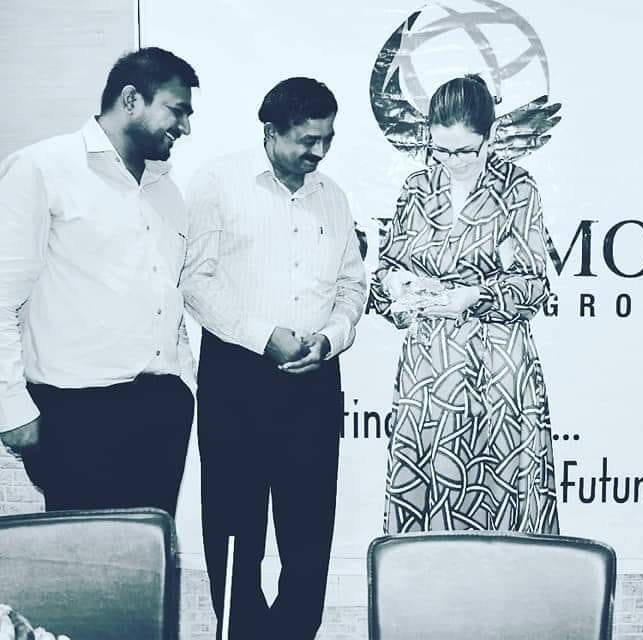Best and Affordable Medical Universities Abroad for Indian Students Pursuing an MBBS degree abroad has…
What to Expect When Studying MBBS in Philippines without NEET
22 Total Views , 1 views today
What to Expect When Studying MBBS in the Philippines without NEET
The Road Less Traveled: Exploring Studying MBBS in the Philippines without NEET
Introduction:
Studying medicine is a dream shared by many aspiring students worldwide. However, the path to becoming a doctor can be filled with challenges and obstacles, especially when it comes to admissions requirements. In recent years, studying MBBS in the Philippines without NEET (National Eligibility cum Entrance Test) has emerged as an attractive option for students seeking an alternative route. In this blog post, we will delve into the unique aspects of pursuing an MBBS degree in the Philippines without the NEET exam and shed light on what aspiring medical students can expect from this unconventional pathway.
Overview of MBBS Education in the Philippines: What to Expect When Studying MBBS in Philippines without NEET
The Philippines has gained prominence as a preferred destination for medical education due to its excellent quality of medical institutions and affordable tuition fees. The country follows the US education system, and English is widely spoken, making it a favorable choice for international students. Without the requirement of NEET, students have the opportunity to explore their options and pursue their dream of studying medicine.
Admission Process:
Unlike the NEET exam, which is mandatory for medical admission in India, studying MBBS in the Philippines allows students to bypass this rigorous examination. However, it’s important to note that each university in the Philippines may have its own admission criteria. Generally, students are required to submit their high school transcripts, a copy of their passport, and proof of financial capability. Some universities may also conduct interviews or additional entrance exams to evaluate the applicants’ aptitude for the medical field.
Duration and Curriculum:
The MBBS program in the Philippines typically spans a duration of five to six years, including a one-year internship. The first two years focus on the foundational sciences, while the subsequent years involve clinical rotations and hands-on training. The curriculum is designed to meet international standards and ensure students acquire a strong theoretical and practical understanding of medicine. Moreover, the English medium of instruction eliminates any language barriers for international students.
Recognition and Licensing:
One of the crucial aspects for students considering studying MBBS in the Philippines without NEET is the recognition and licensing process. It’s essential to choose a university recognized by the Medical Council of India (MCI) to ensure eligibility for a screening test upon completion. Clearing this test enables graduates to practice medicine in India. Researching the recognition status of the university and its track record with MCI is highly recommended.
Clinical Exposure and International Opportunities:
Studying MBBS in the Philippines offers abundant opportunities for clinical exposure and hands-on experience. With a vast network of affiliated hospitals and medical centers, students have the chance to gain practical knowledge in diverse healthcare settings. Exposure to different cases and patients enhances their clinical skills and prepares them for a successful medical career. Additionally, students studying in the Philippines can explore international exchange programs and research collaborations, broadening their horizons.
Cost of Education and Living:
Affordability is a significant advantage of pursuing an MBBS degree in the Philippines. Tuition fees in Philippine medical universities are relatively lower compared to many other countries, making it an attractive option for students with budget constraints. Additionally, the cost of living in the Philippines is also comparatively affordable, enabling students to manage their expenses effectively.
Conclusion:
Studying MBBS in the Philippines without NEET offers a unique opportunity for students to pursue their medical aspirations through an alternative pathway. From a quality medical education system and diverse clinical exposure to affordable tuition fees and international opportunities, the Philippines provides a conducive environment for aspiring doctors. It’s crucial for students to extensively research and choose reputable universities to ensure worldwide recognition of their degrees. Ultimately, the decision of pursuing a career in medicine is personal, and considering alternatives such as studying MBBS in the Philippines can be a fulfilling and gratifying option for those willing to explore less conventional paths.





